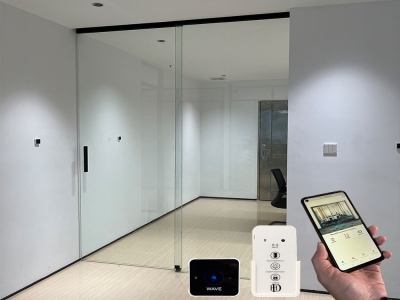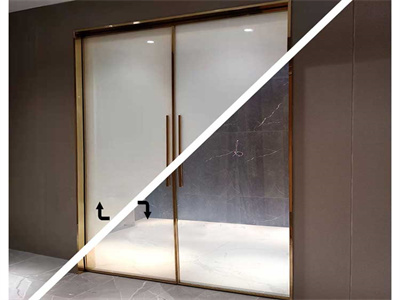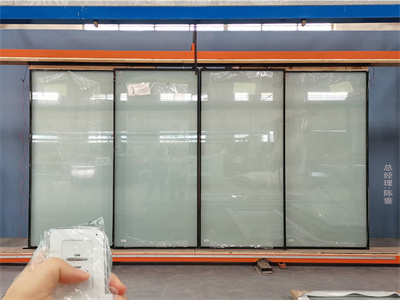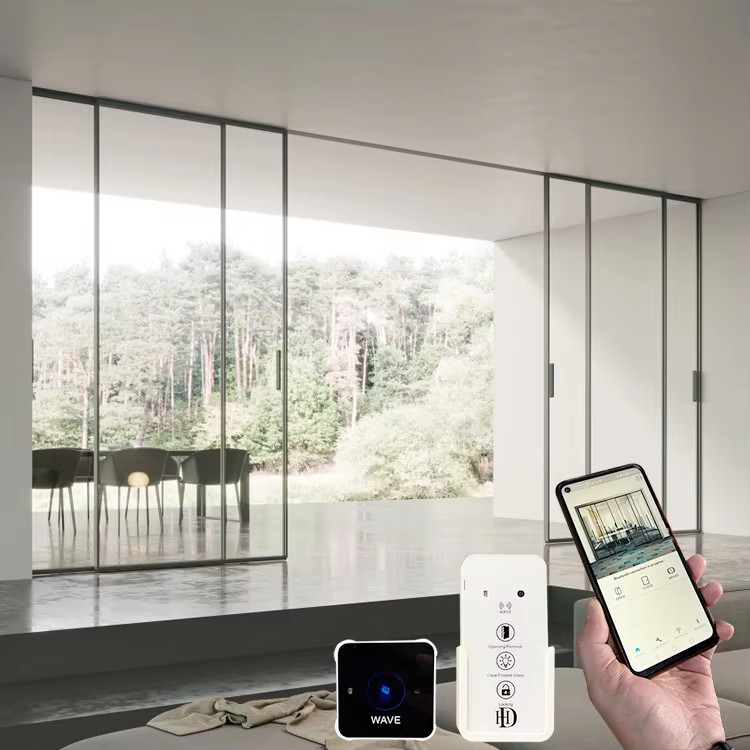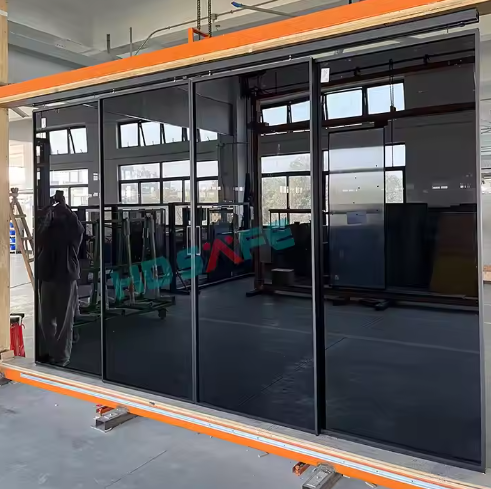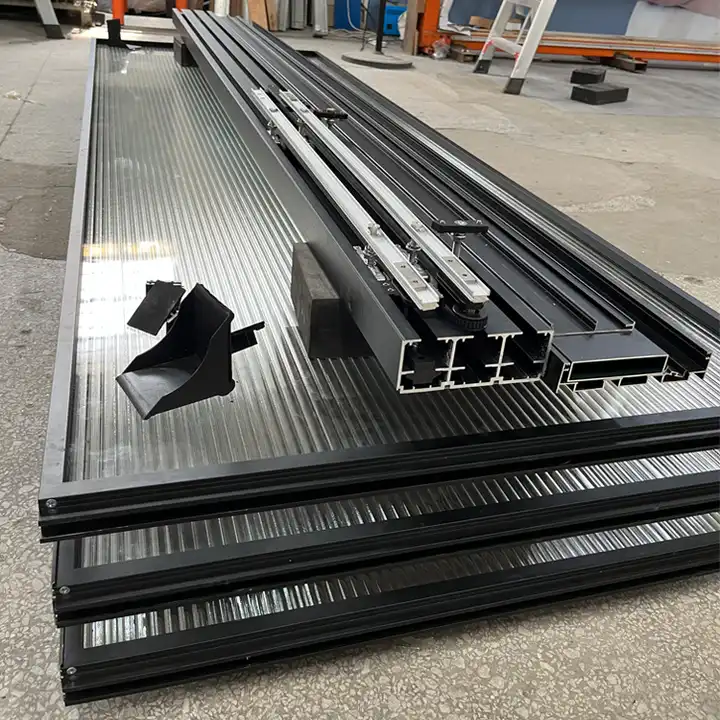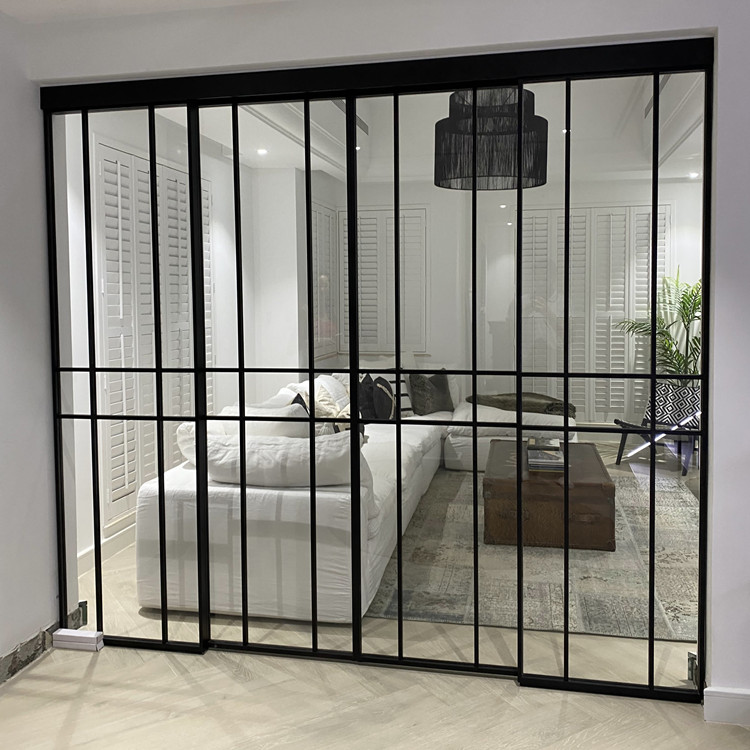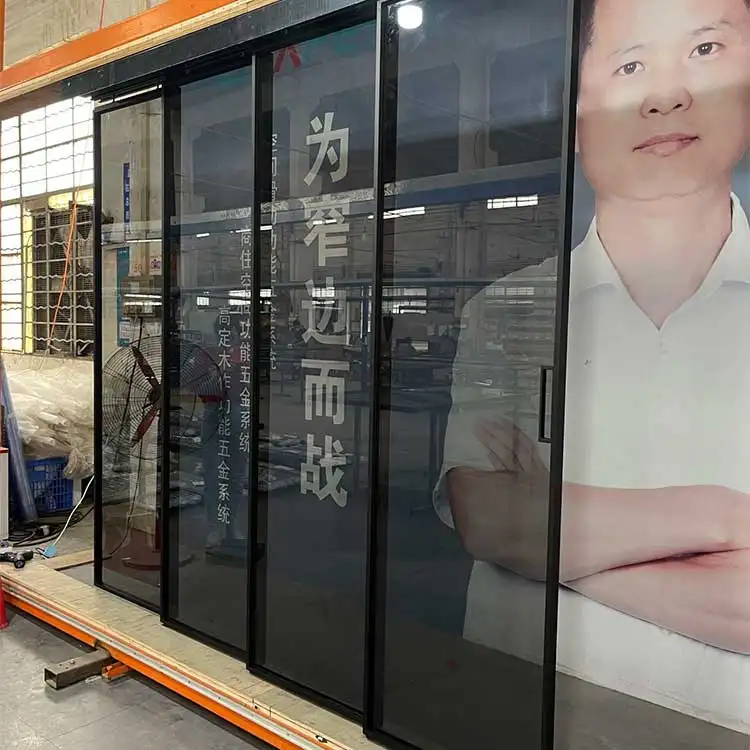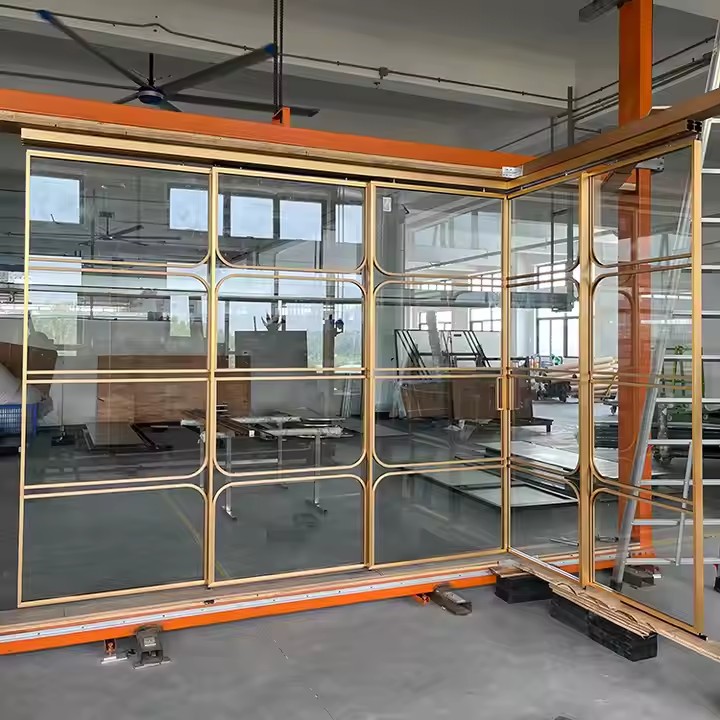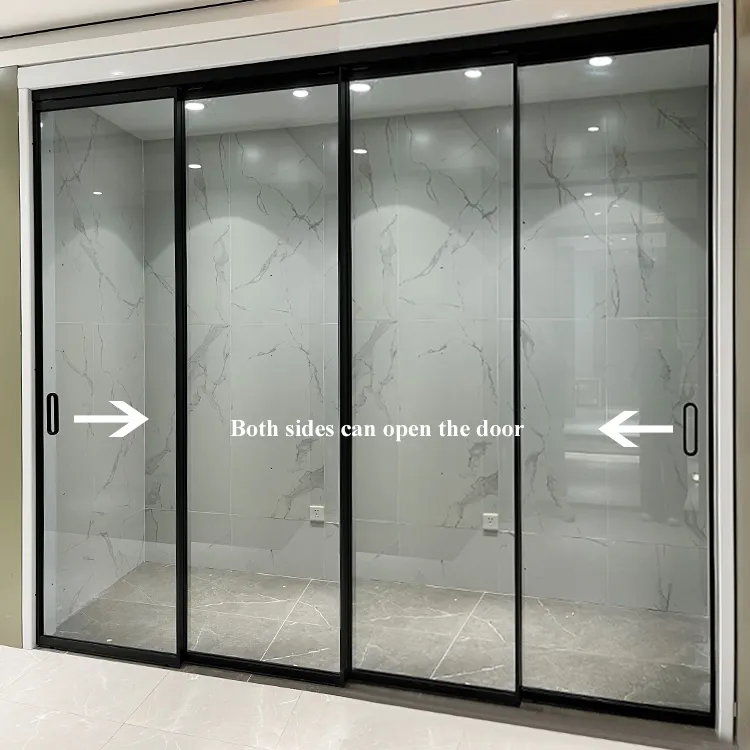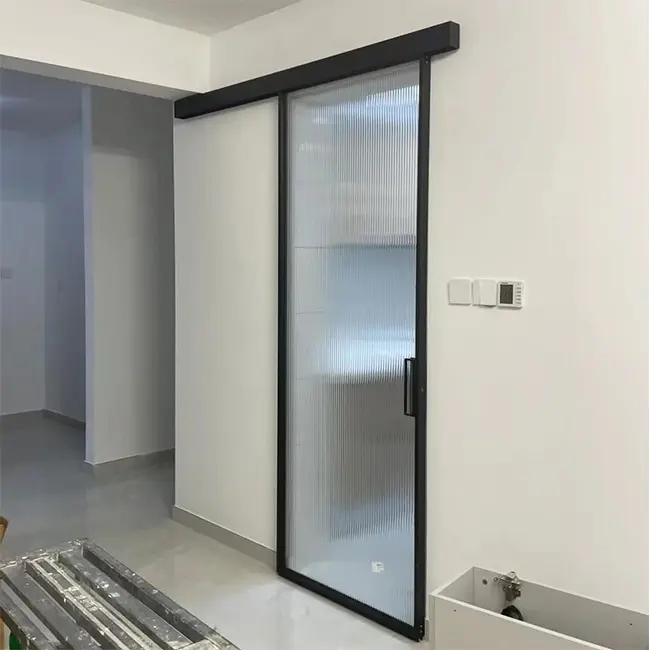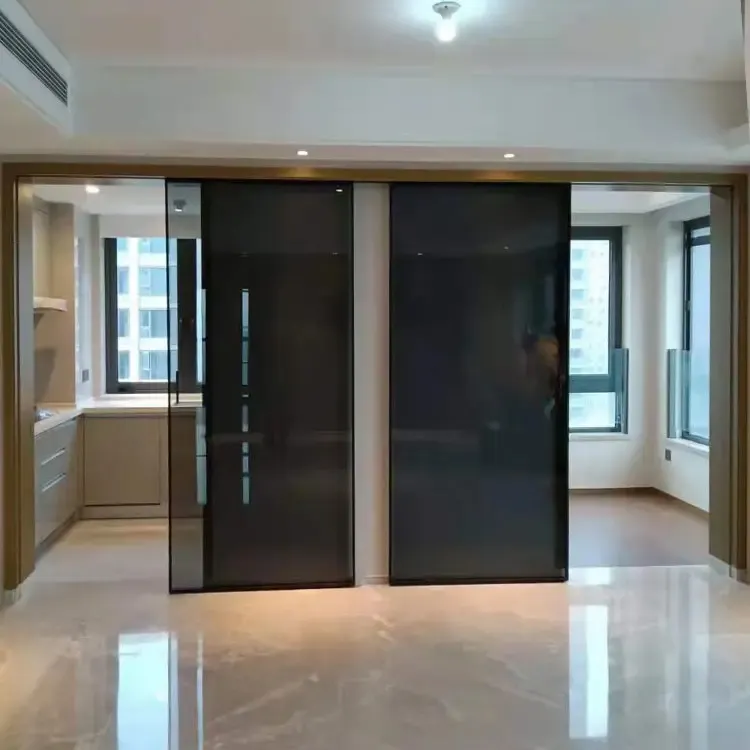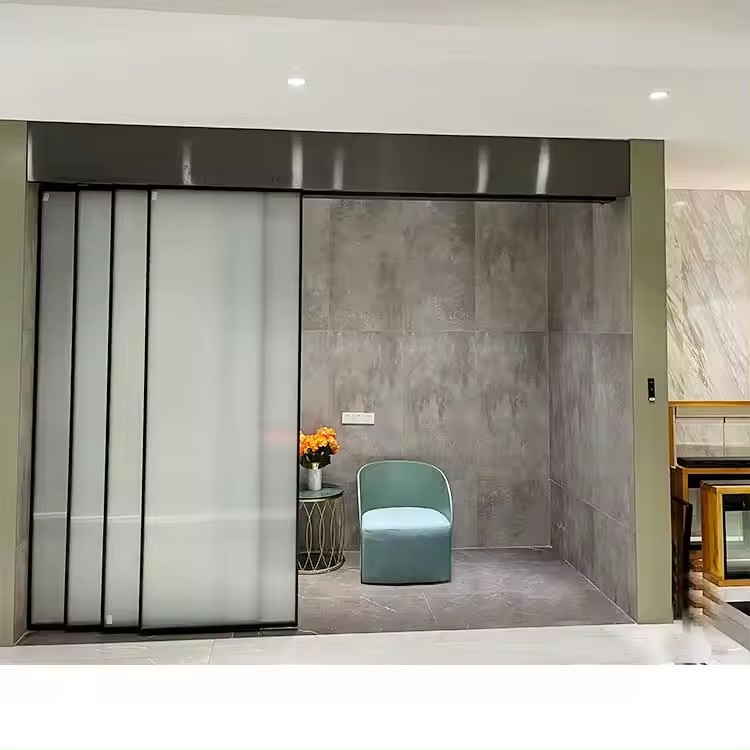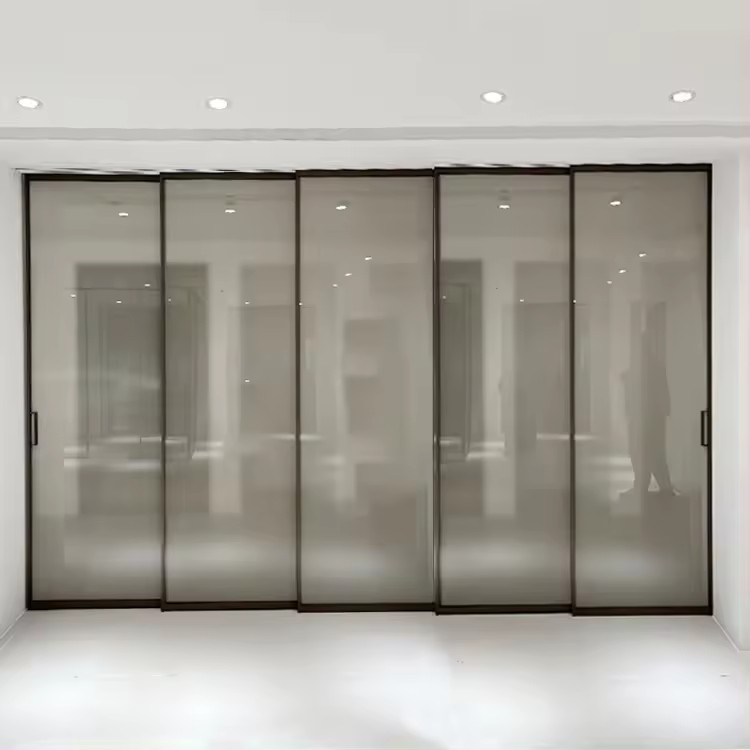Glass Sliding Door Maintenance Tips: A Comprehensive Guide to Ensure Longevity and Performance
Glass sliding doors are a popular choice for modern homes and commercial spaces due to their sleek design, space-saving functionality, and ability to enhance natural light. However, like any other architectural element, they require proper care and maintenance to ensure their longevity, smooth operation, and aesthetic appeal. Neglecting maintenance can lead to issues such as sticking tracks, damaged rollers, or even glass damage, which can be costly to repair. In this guide, we’ll explore professional tips and techniques to help you maintain your glass sliding doors effectively.

1. Regular Cleaning: The Foundation of Maintenance
Regular cleaning is the cornerstone of glass sliding door maintenance. Dirt, dust, and debris can accumulate on the tracks, rollers, and glass surfaces, leading to operational issues and a dull appearance.
- Glass Panels: Use a microfiber cloth and a glass cleaner to remove fingerprints, smudges, and stains. Avoid abrasive cleaners or tools that could scratch the glass. For stubborn stains, a mixture of vinegar and water can be effective.
- Tracks and Rollers: Dirt and debris in the tracks can hinder the door’s movement. Use a vacuum cleaner with a narrow attachment to remove loose debris, followed by a damp cloth to wipe the tracks clean. For hard-to-reach areas, a soft-bristled brush can be helpful.
- Frame and Handles: Wipe down the door frame and handles with a mild detergent solution to remove dirt and grime. For aluminum frames, avoid harsh chemicals that could damage the finish.
2. Lubrication: Ensuring Smooth Operation
Proper lubrication is essential to keep your glass sliding doors operating smoothly. Over time, the rollers and tracks can become dry or corroded, causing the door to stick or become difficult to move.
- Frequency: Lubricate the tracks and rollers at least twice a year, or more frequently if the door is used heavily.
- Recommended Products: Use a silicone-based lubricant or a dry lubricant specifically designed for sliding doors. Avoid oil-based lubricants, as they can attract dirt and dust.
- Application: Apply the lubricant sparingly to the tracks and rollers. Wipe away any excess to prevent buildup.
3. Inspecting and Replacing Rollers
Rollers are critical components of glass sliding doors, as they bear the weight of the door and facilitate smooth movement. Worn-out or damaged rollers can cause the door to become misaligned or difficult to slide.
- Inspection: Regularly check the rollers for signs of wear, such as cracks, flat spots, or uneven movement. Listen for unusual noises when opening or closing the door, as this could indicate roller issues.
- Replacement:If the rollers are damaged, replace them promptly. Most modern sliding doors have adjustable rollers that can be tightened or replaced without removing the door. Refer to the manufacturer’s instructions or consult a professional if needed.
4. Addressing Alignment Issues
Misaligned doors can lead to gaps, drafts, or difficulty in operation. Proper alignment ensures a tight seal and smooth functionality.
Check for Gaps: Inspect the door for gaps between the panels or between the door and the frame. These gaps can allow air, water, or pests to enter.
Adjust Rollers: Most sliding doors have adjustable rollers that can be raised or lowered to align the door properly. Use a screwdriver to make adjustments as needed.
- Professional Help: If the door is severely misaligned or the frame is warped, consult a professional for repairs.
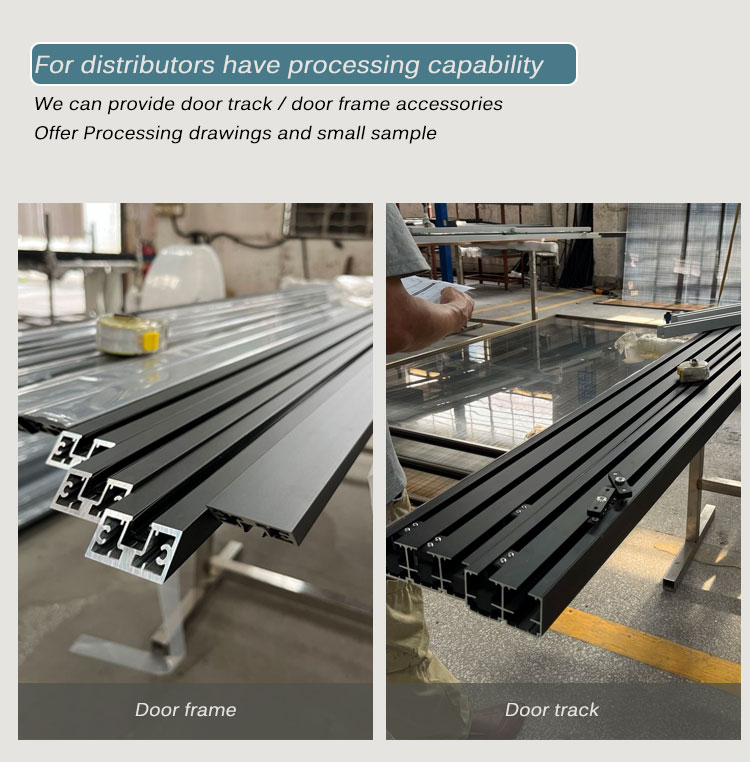
5. Protecting Against Weather Damage
Glass sliding doors are exposed to the elements, making them susceptible to weather-related damage. Proper precautions can help protect your doors from harsh conditions.
- Weather Stripping: Ensure the door has proper weather stripping to prevent drafts, water infiltration, and energy loss. Replace worn or damaged weather stripping promptly.
- UV Protection:If your doors are exposed to direct sunlight, consider applying a UV-protective film to the glass. This can prevent fading of furniture and flooring while also reducing heat transfer.
- Storm Protection: In areas prone to severe weather, install storm shutters or impact-resistant glass to protect against damage.
6. Preventing Glass Damage
The glass panels are the most visible and vulnerable part of sliding doors. Proper care can prevent scratches, cracks, and other damage.
- Avoid Impact: Be cautious when moving furniture or other objects near the door to prevent accidental impacts.
- Use Soft Cleaning Tools: Always use soft cloths or sponges when cleaning the glass to avoid scratches.
- Tempered or Laminated Glass:If replacing the glass, opt for tempered or laminated glass for added safety and durability.
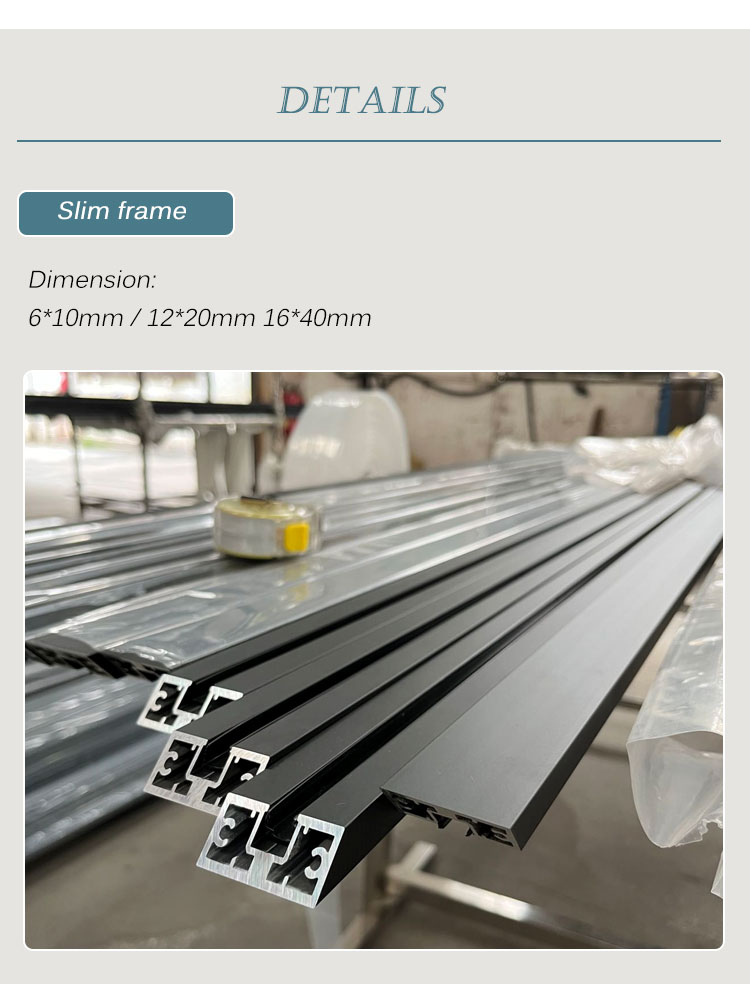
7. Maintaining the Door Frame
The frame provides structural support for the glass panels and ensures the door operates smoothly. Regular maintenance can prevent issues such as warping or corrosion.
- Aluminum Frames: Clean with a mild detergent and water. Avoid abrasive cleaners that could damage the finish.
- Wooden Frames: Sand and repaint or reseal wooden frames periodically to protect against moisture and rot.
- Vinyl Frames: Wipe down with a damp cloth and mild detergent. Avoid harsh chemicals that could cause discoloration.
8. Seasonal Maintenance Tips
Different seasons bring unique challenges for glass sliding doors. Tailor your maintenance routine to address these seasonal concerns.
- Winter:Check for drafts and ensure the door is properly sealed to maintain energy efficiency. Remove snow and ice from the tracks to prevent damage.
- Summer: Clean the glass and tracks more frequently due to increased dust and pollen. Ensure the door slides smoothly despite potential expansion from heat.
- Rainy Season: Inspect for water leaks and ensure the drainage holes in the tracks are clear to prevent water buildup.
9. Professional Inspections
While regular DIY maintenance is essential, professional inspections can identify potential issues that may not be visible to the untrained eye.
- Frequency: Schedule a professional inspection at least once a year.
- Benefits: Professionals can assess the door’s alignment, hardware, and overall condition, ensuring it remains in optimal working order.
10. Additional Tips for Long-Term Care
- Avoid Slamming: Teach family members to open and close the door gently to prevent damage to the rollers and tracks.
- Child Safety: Install safety locks or guards to prevent accidents, especially in homes with young children.
- Pest Control: Keep the tracks clean and free of debris to deter pests from entering your home.
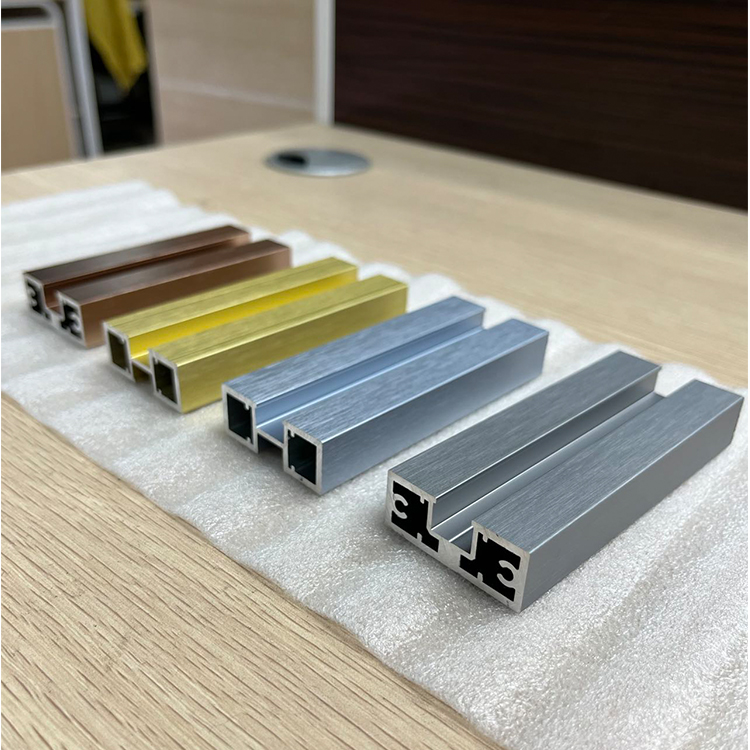
Conclusion
Proper maintenance of glass sliding doors is essential to ensure their functionality, safety, and aesthetic appeal. By following these professional tips, you can extend the lifespan of your doors, prevent costly repairs, and enjoy their benefits for years to come. Regular cleaning, lubrication, and inspections, combined with seasonal care and professional support, will keep your glass sliding doors operating smoothly and looking pristine. Remember, a well-maintained door not only enhances your living space but also contributes to energy efficiency and home security.





 Home
Home Feb 10,2025
Feb 10,2025 
 The Evolution and Advantages of Glass Sliding Doors
The Evolution and Advantages of Glass Sliding Doors 
 Jan 02,2025
Jan 02,2025 

